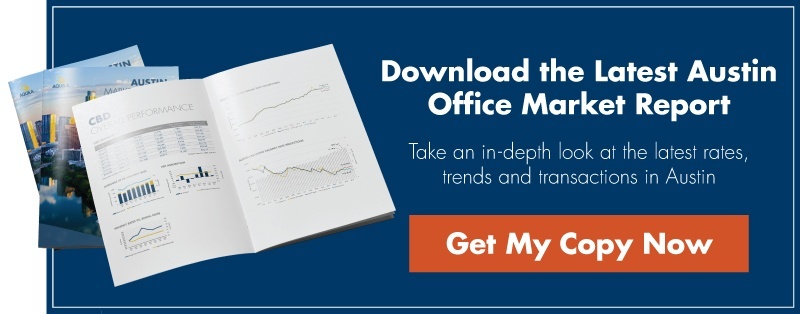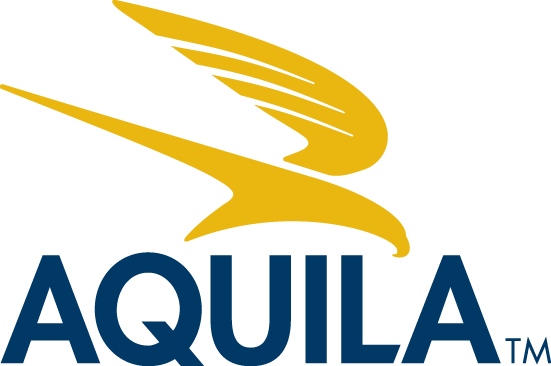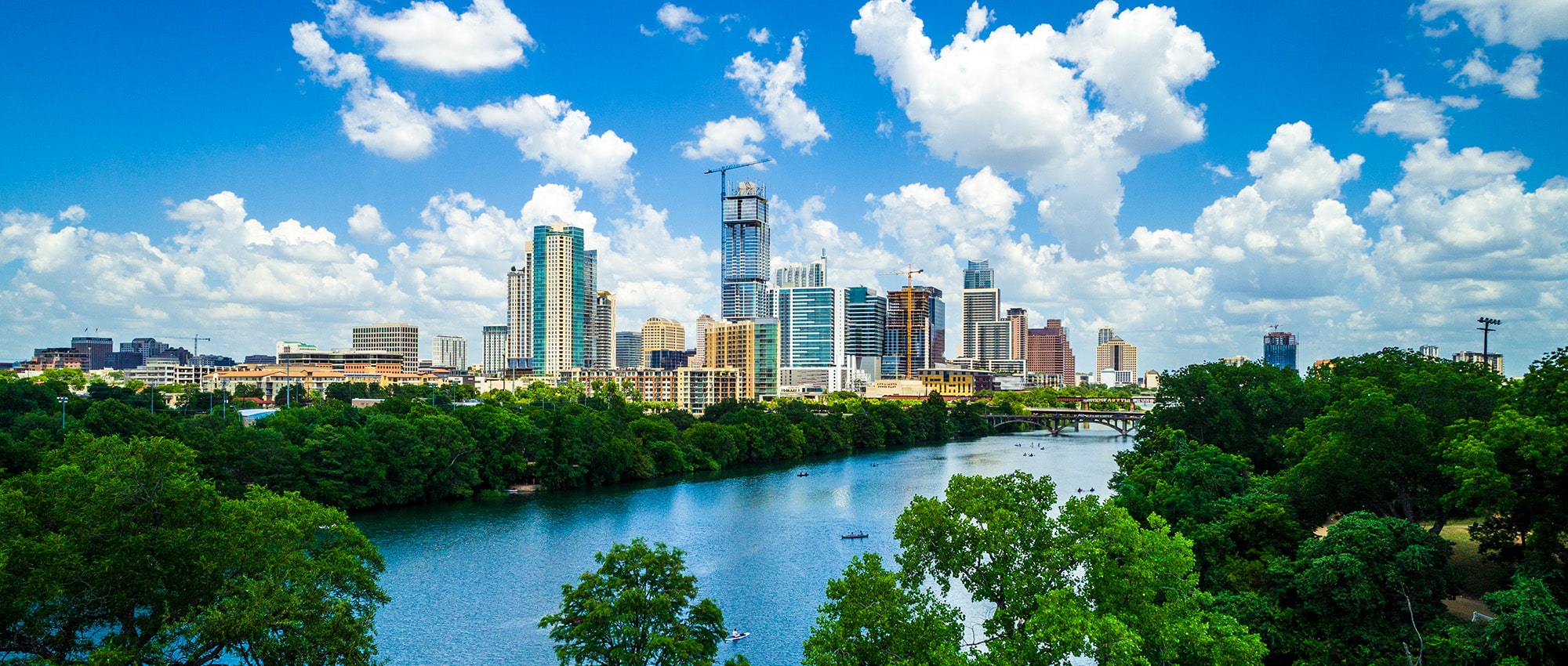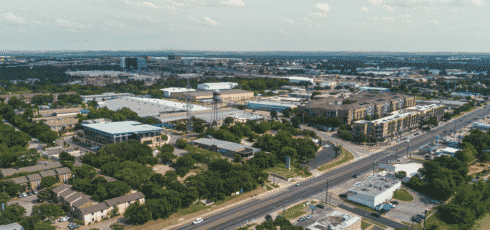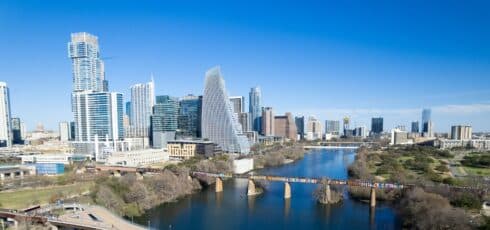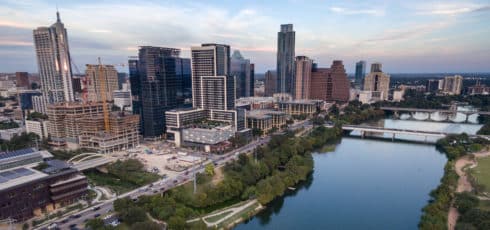This article is updated annually and was last updated in August 2023.
Are you considering moving your business to Austin? Or are you thinking about investing in commercial property in Austin? You may be wondering what makes Austin a better choice than other cities.
If you have lived in Austin long enough, chances are you have heard the question “why are companies choosing Austin?”
In this article, we give you some of the most important facts about Austin in the following sections:
- Austin Is One of the Best Places to Live in the U.S.
- Austin Is Youthful
- Educated Population
- College Town
- Robust Job Market
- Diverse Economy
- Austin Is the State Capital of Texas
- Best Tech City
- City of Science & Innovation
- Austin Loves Startups
- Cost of Living
- The Housing Market Is Hot
- Tourism Magnet
- Central Location
- Live Music Capital of the World
- Austin Is Active
- Austin Is Weird
Austin Is One of the Best Places to Live in the U.S.
- Austin was named the Best State Capitol to Live In
- Austin was also ranked as the No. 1 fastest-growing metro area in the U.S.
- The Austin MSA is forecasted to reach a population of 3.6 million by 2040
Top 15 U.S. Cities by Population
Source: U.S. Census Bureau – 2020 Census
Austin Is Youthful
- The median age of the Austin metro, 35.9 years, is more than five years younger than the national median age of 38.9 years
- A majority of the region’s population is in peak working years with 43% between the ages of 18 and 44, compared to 36% nationally
Austinites Are Educated
- Over half the population (53.4%) holds a bachelor’s degree or higher
- Austin was ranked in the Top 10 Most Educated Cities in America
- Austin was named the best city for grads to land entry-level jobs
- 90.6% of the population has a high school diploma
Educational Attainment
| Rank | City | Bachelor’s Degree or Higher |
| 1 | Seattle | 65% |
| 2 | Austin | 53% |
| 3 | Minneapolis | 52% |
| 4 | Denver | 50% |
| 5 | Baltimore | 33% |
| 6 | United States | 33% |
Source: U.S. Census Bureau, 2020
Austin Is a College Town
- Austin was ranked the No. 1 Best College Town in America
- The University of Texas at Austin has roughly 51,000 students enrolled, making it the seventh largest university in the nation
- There are nearly 180,000 students enrolled in four-year and community colleges in the Austin MSA
- The student population within 200 miles of Austin exceeds 600,000, providing one of the world’s most robust talent pools
Austin has over 20 different colleges and universities in the area, including:
- The University of Texas at Austin
- Austin Community College
- St. Edward’s University
- Texas State University
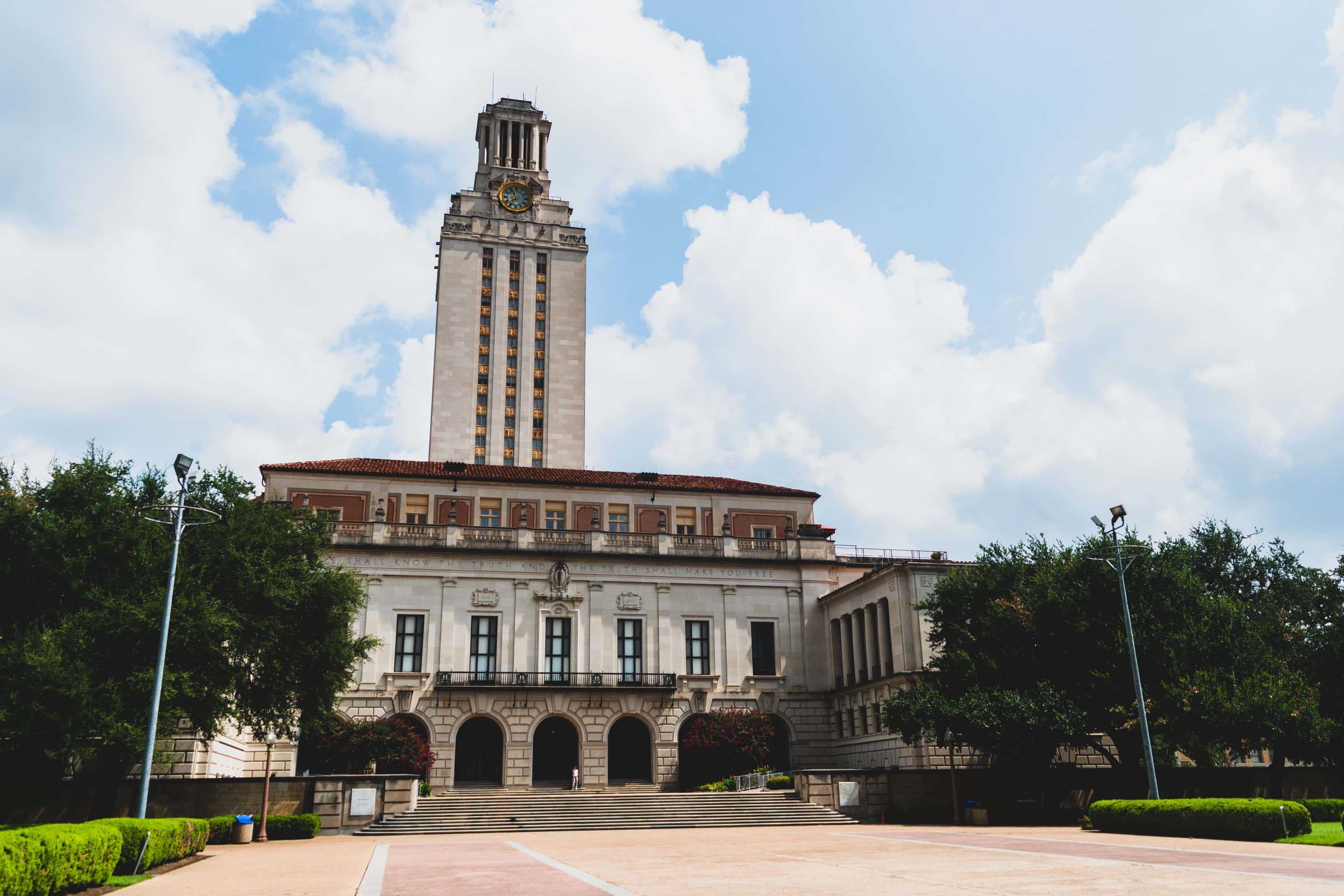
Austin’s Job Market Is Robust
- Austin boasts 3.5% unemployment
- The number of employed people in the Austin area has risen 3% in the past year
- Austin holds the greatest density of high-growth companies and the highest rate of job creation
- Austin was ranked America’s Best Job Market
Top U.S. Boom Towns
| Rank | City |
| 1 | Austin, TX |
| 2 | Salt Lake City, UT |
| 3 | San Jose, CA |
| 4 | Denver, CO |
| 5 | Raleigh, NC |
| 6 | Houston, TX |
| 7 | Dallas, TX |
| 8 | San Antonio, TX |
Source: Forbes
Austin’s Economy Is Diverse
- The Austin MSA is primarily dominated by professional and business services, government, and education and health services
- Austin’s GDP grew by 59.3% from 2010 to 2020 (St. Louis Fed Research)
Major Employers in Austin
| Employing 6,000 and Over |
| Amazon |
| Apple |
| Ascension Seton |
| Austin Independent School District |
| City of Austin |
| Dell Technologies |
| Federal Government |
| IBM Corp |
| Samsung Semiconductor |
| St. David’s Healthcare Partnership |
| State of Texas |
| University of Texas at Austin |
Source: Texas Workforce Commission
Breakdown of Industries in Austin MSA
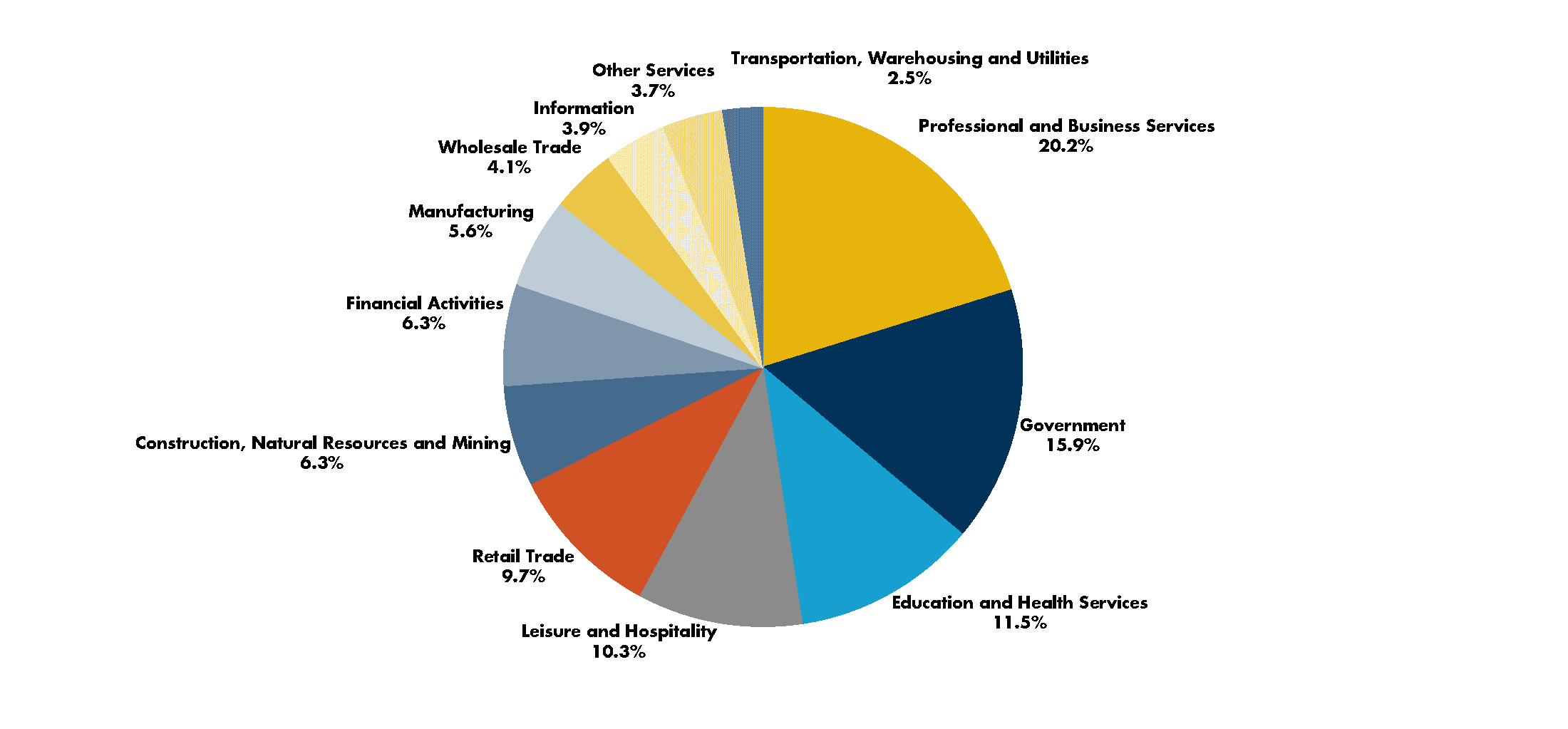
Austin Is the State Capital of Texas
- The State of Texas and the U.S. Federal Government employ nearly 80,000 people in Austin; both rank in the top 10 largest employers in Austin
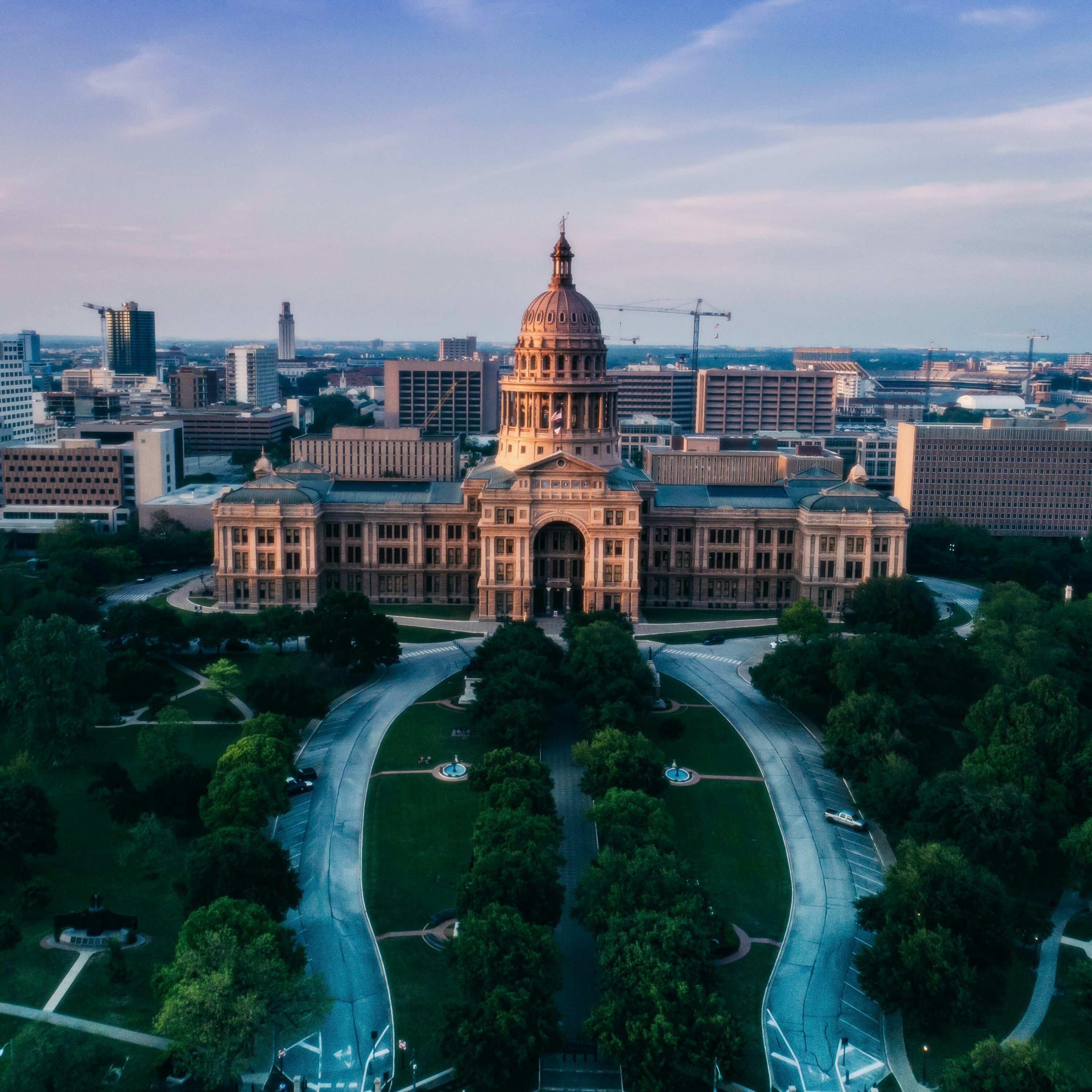
Austin Is the Best Tech City in the World
- Austin boasts the Highest Salary Growth for Tech Employees in the U.S.
- Jobs in Austin’s tech industries totaled over 195,879, or 16.3% of all jobs, in 2023 compared to 9% nationally
- High-tech payrolls in 2022 totaled $29.7 billion, or 30.2% of the Austin metro’s total payroll
Largest Tech Companies in Austin
| Company | Number of Employees |
| Tesla | 12,277 |
| Dell | 13,000 |
| Samsung | 10,000 |
| Applied Materials | 7,000 |
| Apple | 7,000 |
| IBM | 6,000 |
| NXP Semi | 4,000 |
| Amazon | 3,000 |
| Indeed | 2,900 |
| Oracle | 2,500 |
| Intel | 2,100 |
| 2,000 | |
| 2,000 |
Source: Austin Chamber, 2023
Austin Is a City of Science & Innovation
- The Austin region is home to roughly 300 life science companies
- The University of Texas at Austin, a Tier 1 Research University, is the driver for innovation with over $779 million in annual research funding
- Austin was ranked third in Emerging Life Sciences Clusters and was ranked as the No. 2 best metro area for STEM professionals
Austin Loves Startups
- Austin was ranked No. 1 Best Place to Start a Business
- Austin was named the Most Affordable City for Startups
- Austin is home to about 1.2 M square feet of coworking space
The majority of the coworking space in Austin is attributable to WeWork, while the rest is attributable to the four other top coworking companies:
- WeWork: 7 locations with a total of 558,000 square feet
- Spaces: 2 locations with a total of 78,000 square feet
- Capital Factory: 1 location with a total of 90,000 square feet
- Industrious: 4 locations with a total of 73,100 square feet
- Fuse Workspace: 3 locations with a total of 72,368 square feet
Austin’s Cost of Living
- Austin’s cost of living is significantly lower than other tech-focused cities
- There is no state income tax in Austin or Texas
- Austin’s median household income is approximately $78,965 versus a U.S. median of $70,784
Austin’s Housing Market Is Hot
- Austin saw 30% growth in housing units between 2010-2022 (Esri)
- Austin was ranked as the No. 1 Hottest Housing Marking in the Country
- 44.52% of people own homes in Austin (Esri)
- 55.48% of people in Austin are renters (Esri)
Total Housing Units and Growth in Major U.S. Cities
Source: Esri
Austin is a Tourism Magnet
- 17.3 million people traveled through ABIA in 2019
- A $350 million, nine-gate expansion at ABIA opened in 2019, with more growth on the way
- Austin hosts the SXSW Music, Film, & Interactive Fest
Austin City Limits Music Festival (ACL Fest)
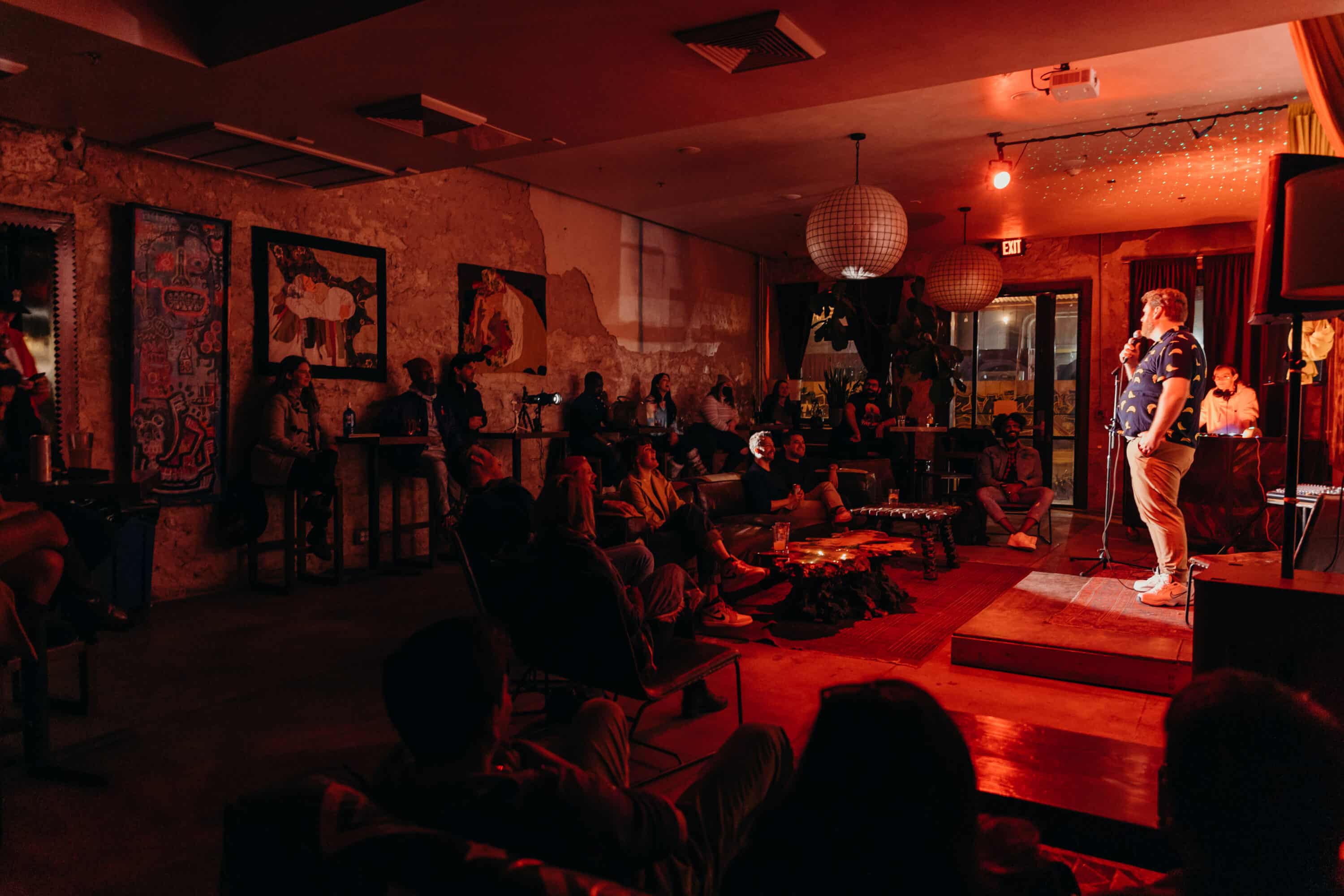
Austin is Central
- Austin’s central location means easy access to the east and west coasts
- Austin offers nearly 100 nonstop flights to locations in North America and Europe
- Austin is located in the Central Standard Time zone, giving plenty of overlap with working hours in other national and international cities
10 a.m. in Austin is:
- 8 a.m. in Los Angeles
- 11 a.m. in New York
- 4 p.m. in London
- 5 p.m. in Frankfurt
Distance from Austin
- Miami: 2.5 hours
- San Francisco: 3.5 hours
- San Jose: 3.5 hours
- New York: 3.5 hours
- London: 9 hours
- Frankfurt: 10 hours
Austin Is the Live Music Capital of the World
- Austin was ranked in the Top 10 Best Nightlife Scenes in the U.S.
- Austin City Limits, the music performance television show, has aired since 1974
- Music legends including Willie Nelson, Janis Joplin, Stevie Ray Vaughan, and Townes Van Zandt hail from Austin
- Austin is home to over 250 live music venues
- ACL Music Fest began in 2002 on the greens of Zilker Park
- Austin was named America’s Greatest Music City and is known as The Live Music Captial of the World
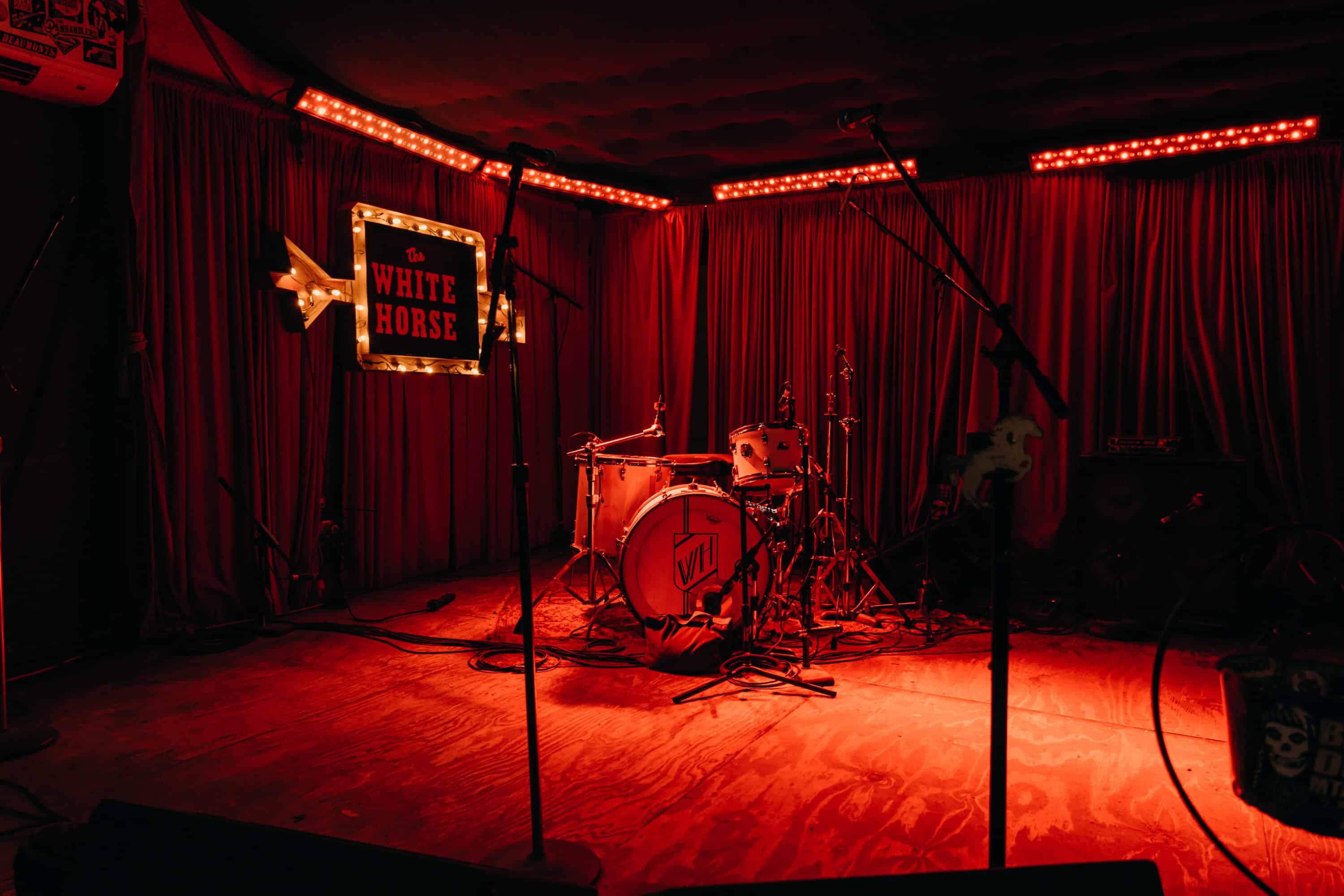
Austin Is Active
- Austin’s Parks and Recreation Department maintains 348 parks, 19,934 acres of green space, and 265 miles of trails throughout the city
- Austin hosts annual races, including the Austin Marathon, the 3M Half Marathon, and the Cap10K
Some of Austin’s popular outdoor attractions include:
- Zilker Park
- Lady Bird Johnson Wildflower Center
- Barton Springs
- Congress Avenue Bridge (Austin Bats)
- Lady Bird Lake Hike & Bike Trail
- Mount Bonnell
- Mayfield Park & Laguna Gloria
- The Green Belt
- Bull Creek District Park
- Hamilton Pool
- Deep Eddy Pool
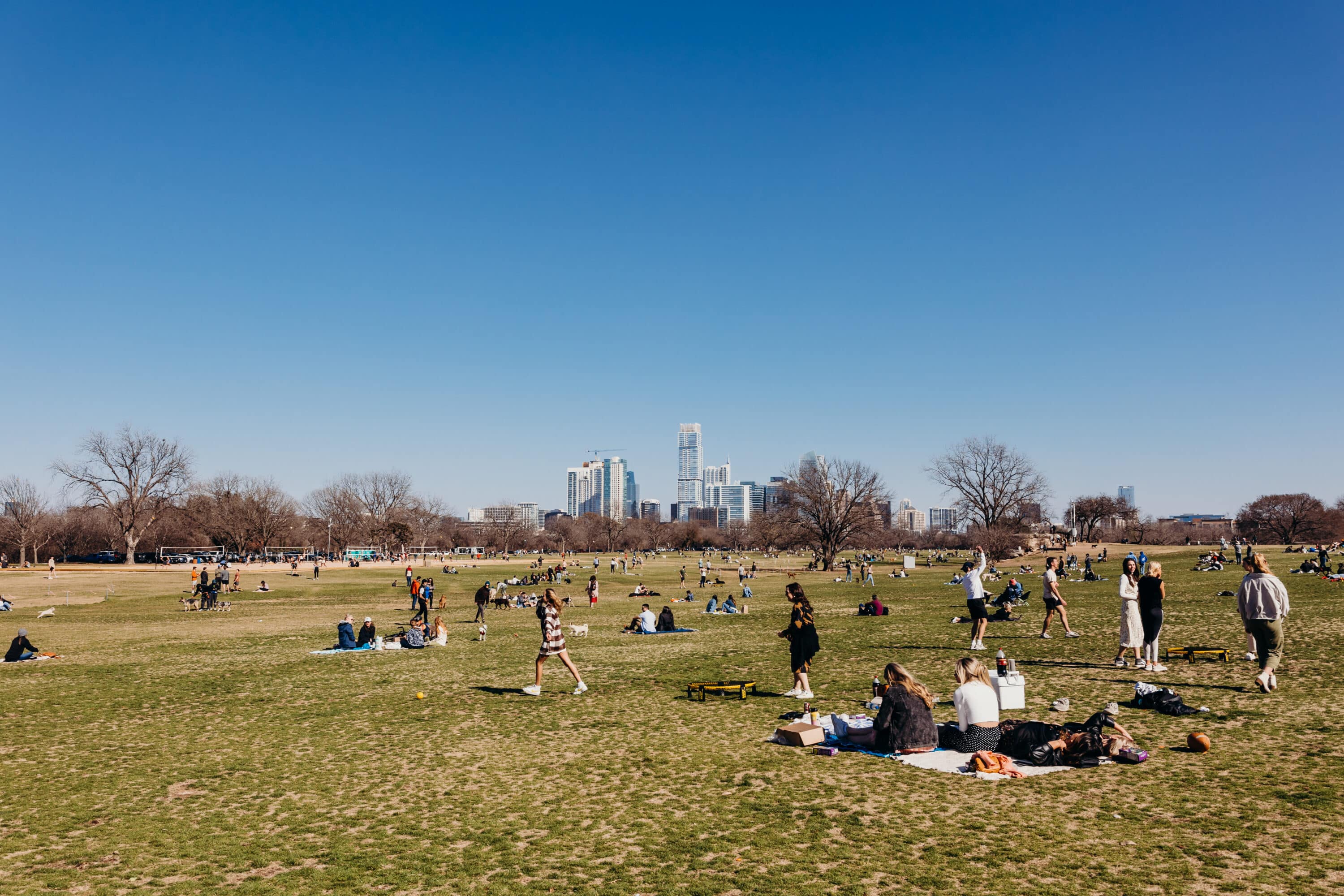
Austin Is Weird
- Coined by Red Wassenich (a librarian at Austin Community College), “Keep Austin Weird” became the unofficial slogan for the city
- Since the 1970s, Austin has become a magnet for creatives, innovators, and everything in between
- Austin is authentically weird; from arts and visuals to music and food, no one does Texas like Austin

Still have questions about Austin? Reach out to our tenant representation team to learn more.
